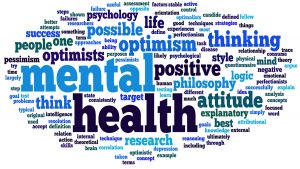Defining Behavioral Health
Behavioral health describes the connection between behaviors and the health and well-being of the body, mind and spirit. This would include how behaviors like eating habits, drinking or exercising impact physical or mental health.
During the 1970’s and 1980’s, behavioral health almost entirely referred to behaviors that prevented illness or that promoted health. Later, the term began to include behaviors that help people manage disease. Most recently, behavioral health incorporated mental health.
Behavioral health refers to mental health, psychiatric, marriage and family counseling, and addictions treatment. It includes services provided by social workers, counselors, psychiatrists, neurologists and physicians. Behavioral health includes both mental health and substance use. Concentrating on prevention, intervention, treatment and recovery support services.
Behavioral Health vs Mental Health
When you are distinguishing between behavioral health and mental health, it is important to remember that behavioral health is a blanket term that includes mental health. Behavioral health looks at how behaviors impact someone’s health -physically and mentally.
There is a noticeable difference between behavioral health and mental health. For example, behavioral health professional might look at behaviors that may have contributed to a person’s obesity. This is an issue that primarily affects someone’s physical health. Some behavioral health issues do not fall into the category of mental health.
However, mental health is included in behavioral health. So, as a result, people who have mental health issues can benefit from behavioral health principles. If you have changes in thinking patterns, changes in behaviors by the individual, family or the community, these changes can help people better cope with their mental health condition.











